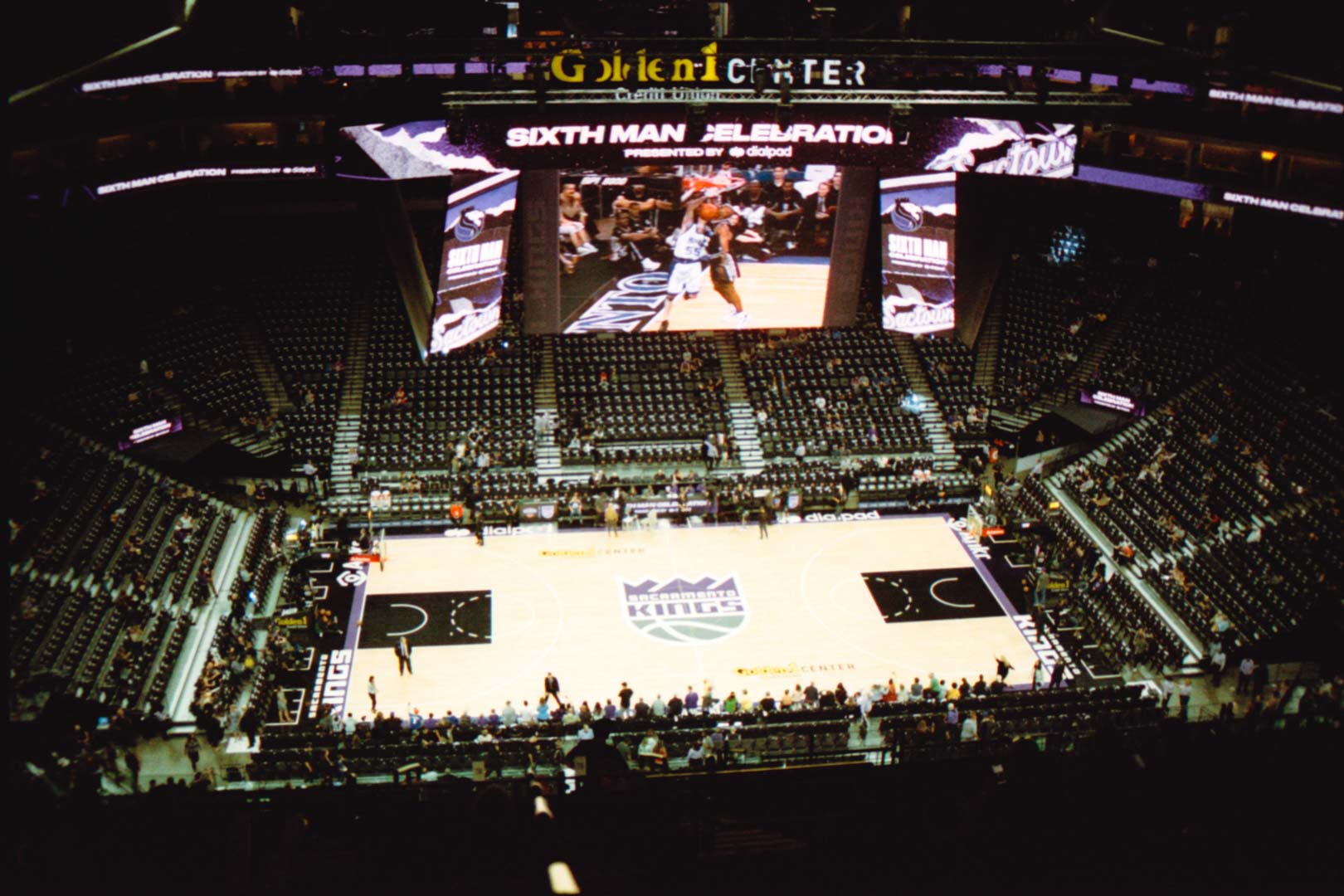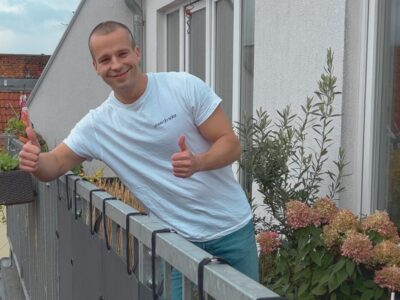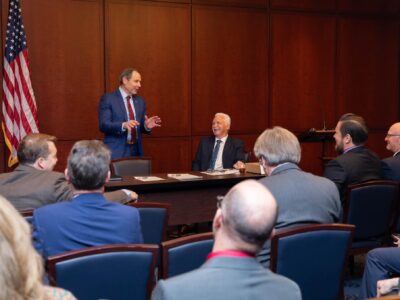Has a sports venue received as many sustainability accolades in its first year as the Sacramento Kings’ Golden 1 Center did? Shortly before opening in September 2016, Golden 1 became the first sports facility to receive the U.S. Green Building Council’s highest honor: a Platinum Leadership In Energy and Environmental Design (LEED) certification. The arena also was presented with Beyond Sport’s 2017 Sport for Climate Action award and named “Project of the Year” by Green Project Management (GPM) for being the world’s greenest and most technologically advanced sports and entertainment facility. Following the GPM’s announcement, Kings Owner and Chairman Vivek Ranadivé stated “we believe businesses have a responsibility to serve as agents of change, and we are proud that Golden 1 Center has been recognized as a model of sustainability.”
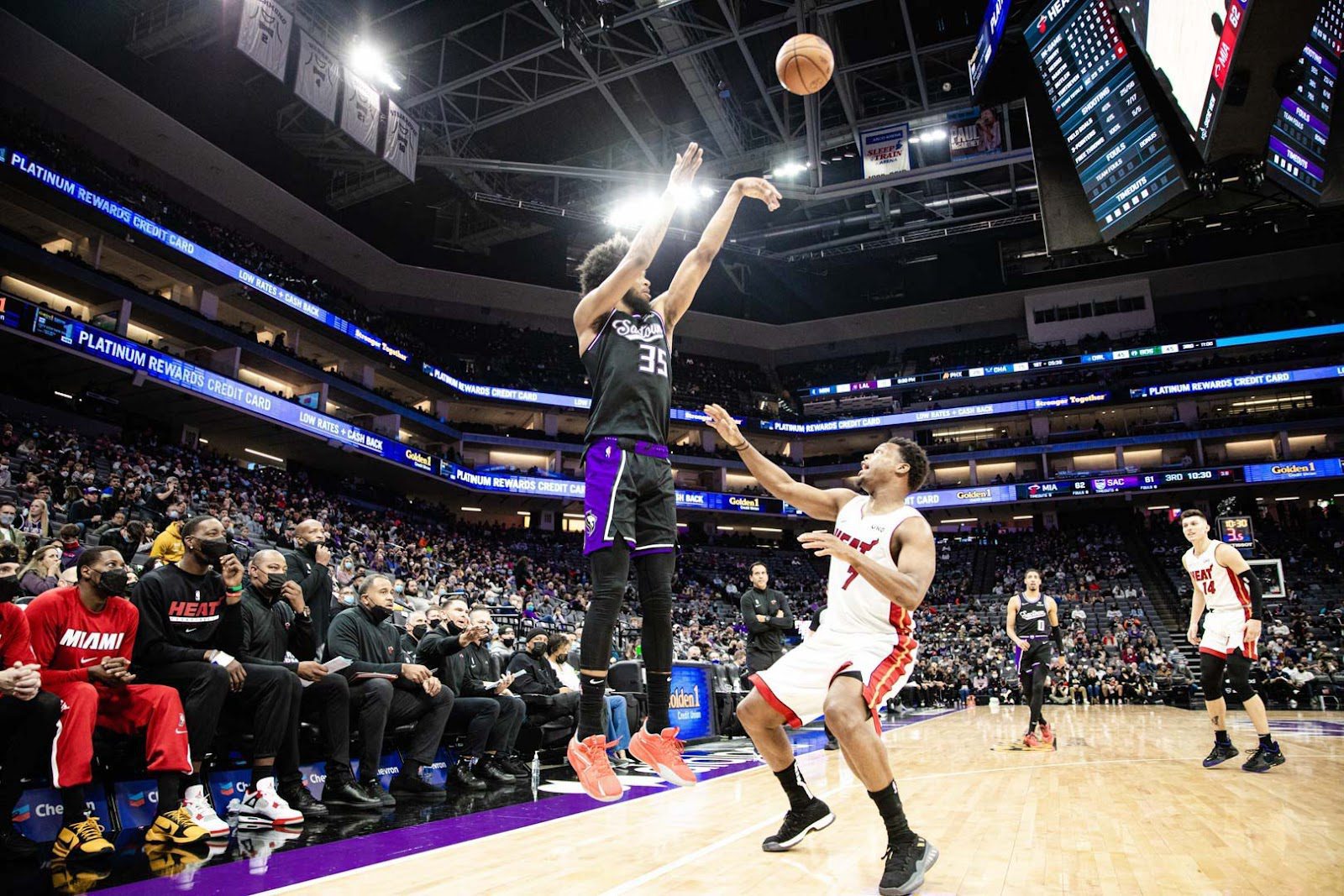
The arena also garnered several architectural awards and was proclaimed the Best Elite Sports Facility at the Sports Technology Awards. The Kings, moreover, was the only sports franchise on Fast Company’s 2017 list of Most Innovative Companies and finished first (one place above its NBA rivals, Golden State Warriors) on Sport Techie’s multi-sports ranking of the world’s most tech-savvy teams.
These honors weren’t achieved by luck. Maximizing the building to be both environmentally and economically sustainable was the “first thing on Vivek Ranadivé’s list,” Alastair Macgregor, vice president of high-performance buildings of the renowned engineering firm, AECOM, shared. “The owner wanted to create the most sustainable sporting venue in the world,” he elaborated. Ranadivé’s green goals for the Golden 1 Center reflected his vision for sports teams to use technology and innovations to combat climate change.
Ecological benefits played into the choice of the Golden 1 Center’s downtown location.
According to an environmental impact report, the arena’s site would decrease travel-based greenhouse gas emissions by an estimated 2,000 tons. Besides being centrally located, the arena is accessible by bike, bus, foot, light rail, and Amtrak.
The Kings’ culinary team developed a program, Local Eats, to take advantage of the Sacramento area’s two million acres of farmland. This regionally-focused “farm-to-court initiative sources 90% of its food and beverages from within 150 miles of the arena. Golden 1 Center executive chef Brien Kuznicki explained to eatingwell.com.
The venue serves fresh, healthful and tasty food items while also highlighting high-quality local products. Farmers, growers, and other area supplies derive economic benefits because the Kings represent a significant and long-term customer. There are environmental benefits because reducing transportation mileage cuts down carbon emissions.
It has been estimated that the Local Eats program has saved the carbon equivalent of taking 221 cars off the road. Unserved prepared food, moreover, gets donated through the Kings’ “Second That” program to a local bank and distributed to those in need within the community. Thirteen thousand meals were donated in the arena’s first 18 months alone.
Meanwhile, the facility’s groundbreaking California Safe Soil program treats and processes green waste (such as meat and vegetable scraps) into an organic fertilizer utilized by its supplying farms. The leftover fryer oil (locally produced rice bran oil) is turned into biodiesel – enough to fuel 70 cars a year. Between the re-purposing of the used cooking oil and composting food and organic waste, the Golden 1 Center recycles half of its on-site generated waste.
The push to recycle began during the construction phase –36% of the construction materials came from recycled materials, including some from a department store torn down to make way for the arena. Regional sources were utilized in a third of the construction materials. After construction, 99% of demolition materials (amounting to nearly 101,000 tons) were recycled, while 95% of the construction waste was diverted from landfills. “We made all suppliers and vendors provide a sustainability worksheet,” Macgregor revealed. “Sustainability criteria was part of every conversation.”
As part of the green construction strategy, most primers and finish coatings contained low levels of volatile organic compounds. The installation of ultra-low flow plumbing, which captures gray water for rinsing the plaza outside the arena, contributed to the venue consuming 45% less water than required by California code. Roof-water runoff, similarly, is used to irrigate the living wall gardens that line the arena’s exteriors with local plants.
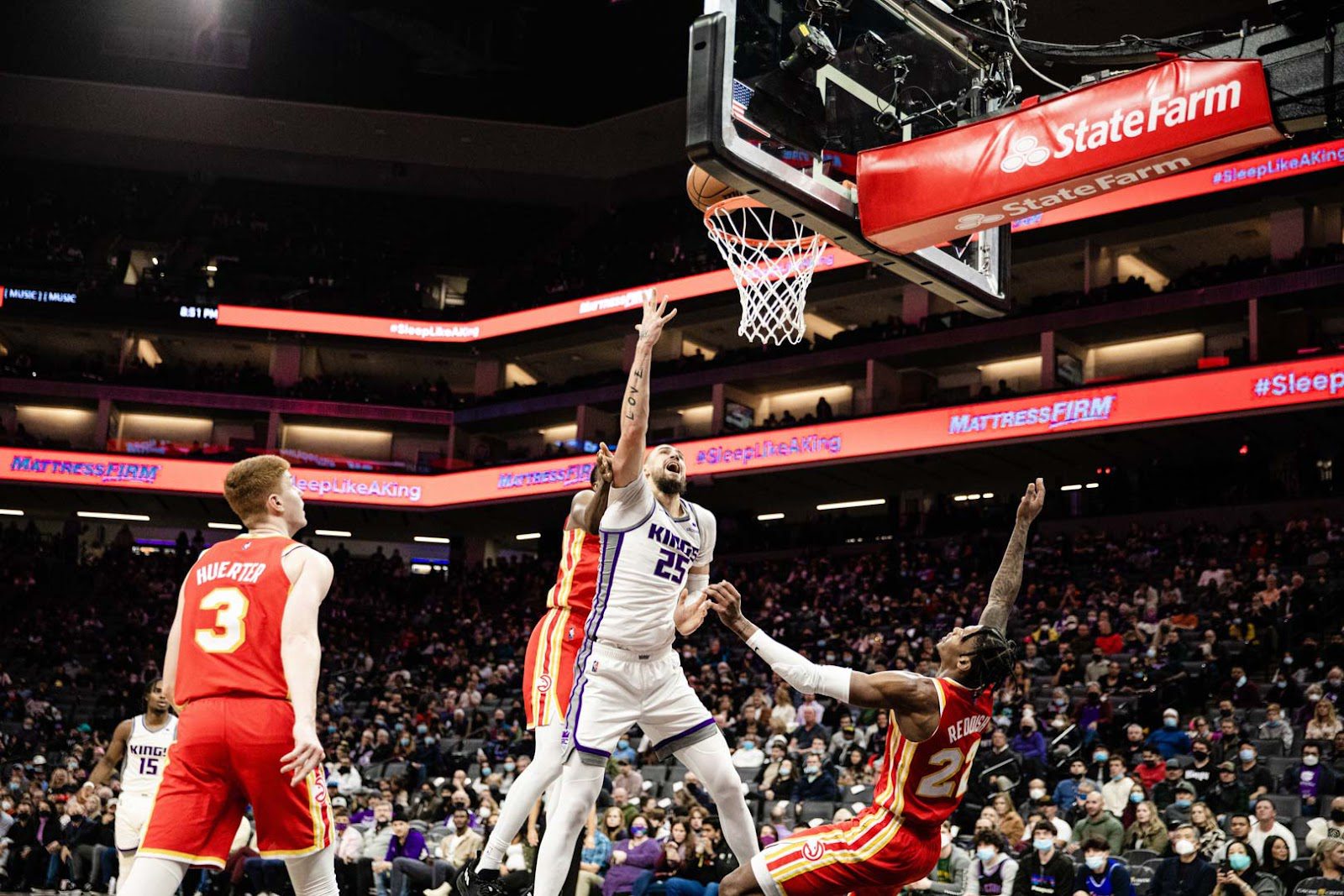
The roof also plays a vital role in the Golden 1 Center’s other significant sustainability accomplishment: it is the first year-round, 100% solar-powered indoor arena. 1.2 megawatt (MW) rooftop solar panels contributed about 15% of the energy, with the rest coming from an 11 MW solar farm built by the Sacramento Municipal Utility District.
Another big factor in the Golden 1 Center’s energy usage falling 30% under California code requirements is its signature design feature: five six-story tall aircraft hangar doors placed at the arena’s entrances. These gigantic doors can open during games (the first time the NBA has allowed this to be done during games), creating an indoor/outdoor cooling effect generated by Sacramento’s “Delta Breeze” (winds blowing in from the delta of the Sacramento and San Joaquin Rivers). To facilitate cooling airflow, AECOM created a “displaced ventilation system.” It is described as being “probably the first in a building in the U.S” it directs the air to vents situated under the seats. Fans can use the Kings’ smartphone app to adjust the temperature, resulting in more comfort for fans and less energy consumed by the arena.
The arena’s energy-efficient cooling system also has provided a financial gain for the Kings’ and the city of Sacramento. In its first year of operations, the team saw a 22% boost in average attendance, and the Golden 1 Center hosted over 30 more events than the Kings’ old arena had the prior year. The new venue has also spurred economic growth in downtown Sacramento. The Kings have long viewed basketball as an avenue to create change, and the team is proud of the positive environmental impact they have had so far and in the future. “Sustainability,” Kings president of business operations John Rinehart has stated, “is one of our core values – in the region and at the Kings, and we’re passionate about how we can continue to reduce our impact on the planet.”

